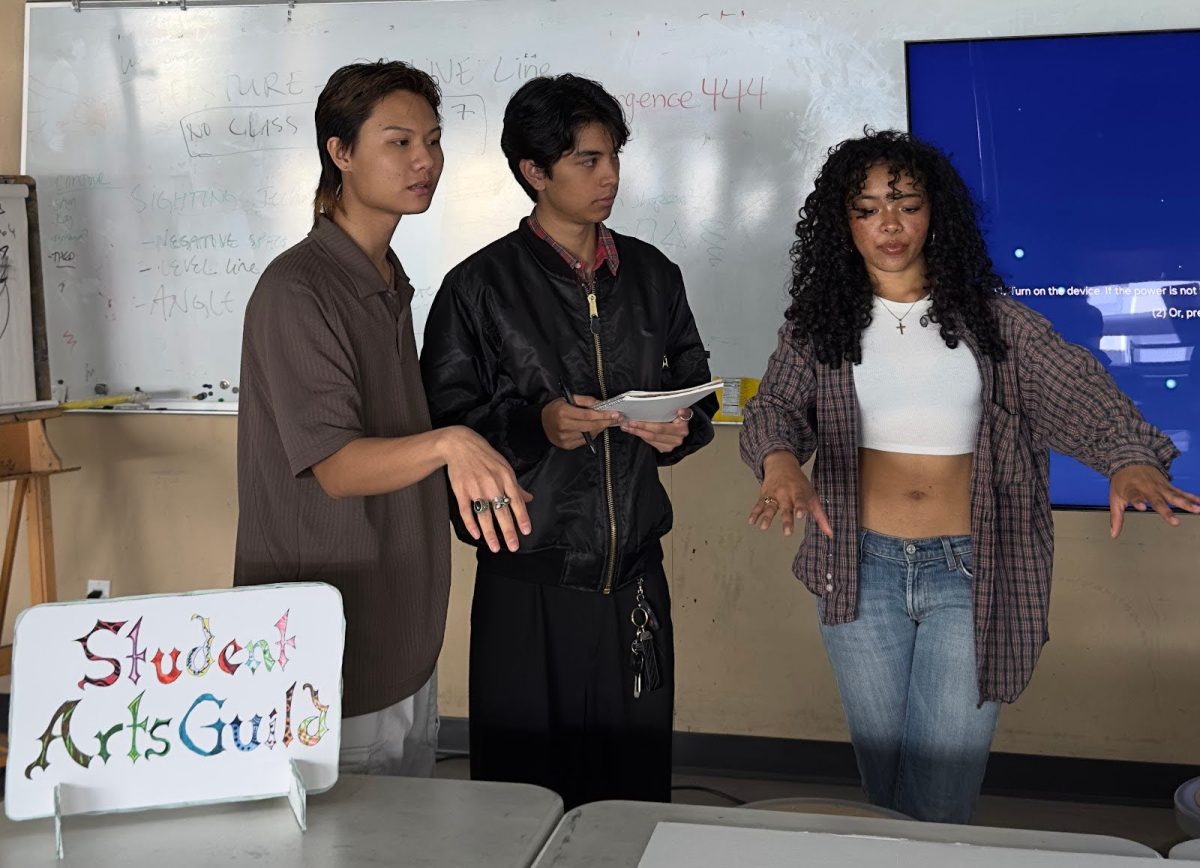
You have the power to change it and make it healthier on your own.
by Thayer Robins
I’m old enough now to have seen many ideas once considered specious or even unthinkable become widely known and accepted by the mainstream. The most dramatic involve social issues (like civil rights and gender roles). But what has affected me in the most personal way are attitudes around health.
Nutrition, personal fitness, smoking, autism — these are just a few of those areas that have seen much-needed change.
But how? Should we thank medical professionals? Regulators? Lawmakers?
Sadly, no. Attitudes changed mostly because of individuals and parents who took matters into their own hands and through personal choice and advocacy, dragged the rest of the world along with them.
We are now in the early stages of something similar around brain health. Thirty years ago, the accepted wisdom was that once we reach adulthood, our brains stop growing. Qualities like personality, intelligence, mental stability — these were seen as fixed. But behind the curtain, a small army of neuroscientists and innovators were busy proving that belief wrong.
We now know that our brains never stop changing. In fact, it is this dynamic, “neuroplastic” nature of the brain that has allowed our species to adapt and grow, year-after-year, century-after-century.
And it is this same neuroplasticity that enables us to improve the operation of our own brains, to correct developmental failures, to recover function lost to concussion, and to reduce or even reverse the mental decline that often defines aging.
Here are a few examples:
- A neurodevelopmental optometrist found she could restore function lost to brain injury with glasses that change how light travels through the brain.
- A photographer spent countless hours studying the movements of infants, then developed simple exercises that remediate motor and nervous system failures in children and adults.
- A schoolteacher, looking to help struggling students, created a program of fun, classroom-friendly exercises that have since benefited those facing a wide range of mental, physical, and emotional challenges.
The work of these folks and many others is changing lives worldwide. But so far, this is happening outside the mainstream, with virtually no help from doctors. That means it’s up to us to take the initiative.
I want to encourage everyone at Laney to do so. To that end, I hope to share some of what I’ve learned from my own journey in future issues.
For more on the ability we all have to change our brains, check out this 24-minute video on youtube: “Michael Merzenich: Brain Plasticity & His Book Soft-Wired.”
Thayer Robins is a Tower staff writer. You can reach her at bavx-at-daytree.net.
























